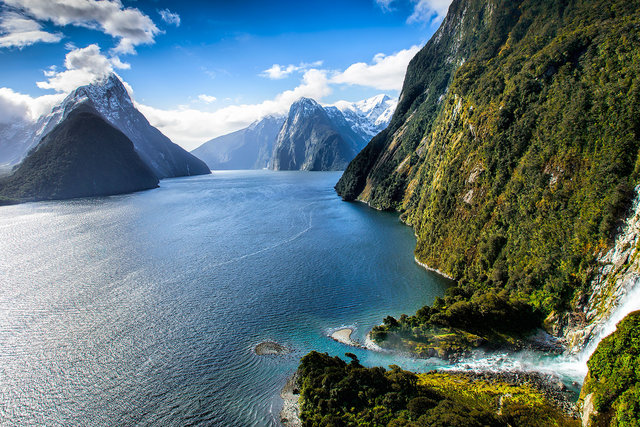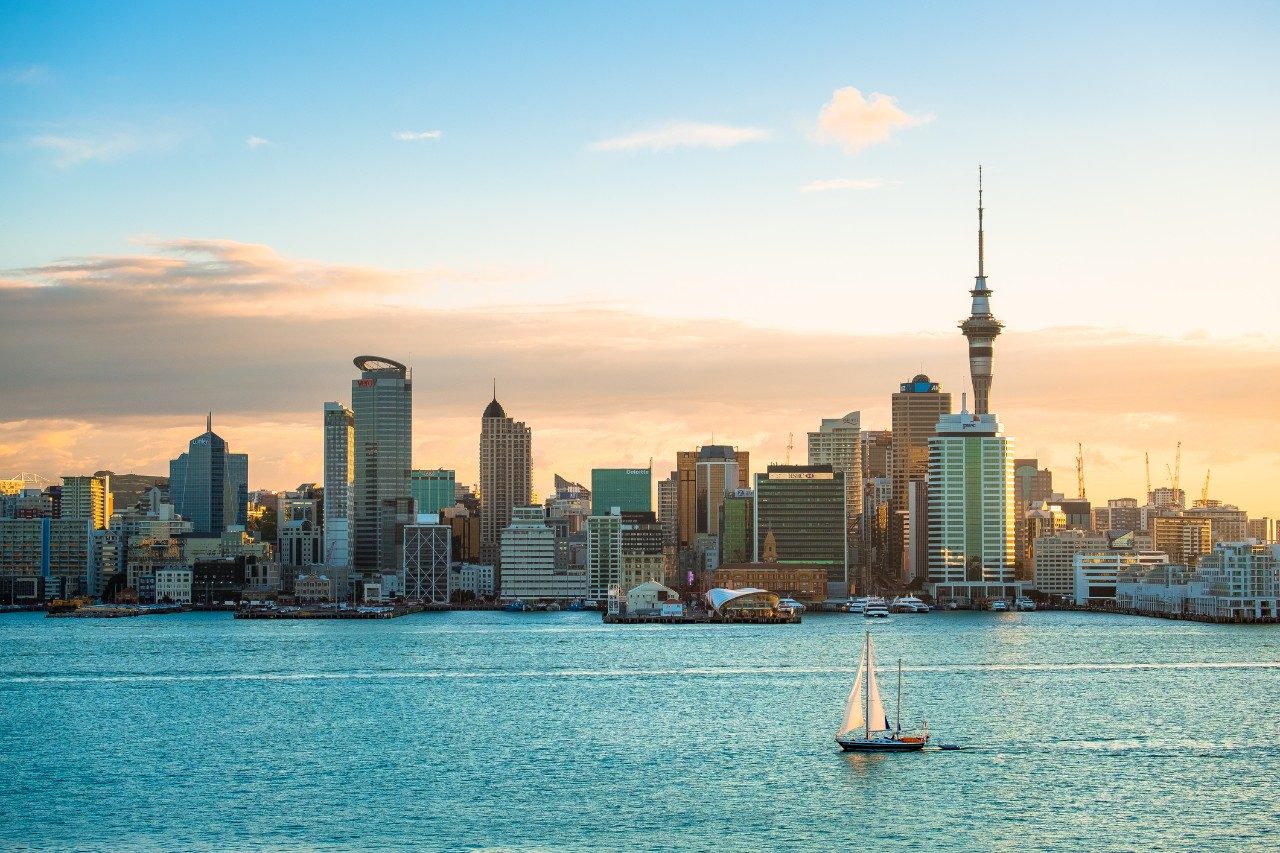Find out about our new partners, Icarus Aviation Safety, an Auckland-based company that specializes in Safety Management System and Aviation Compliance. We have interviewed their general manager Mr Phillip Stott.
Mr Stott gave us an interesting insight into his company, aviation safety promotion and few tips about his country, New Zealand.
You can find out more about our partners on their website: https://www.icarus.co.nz/
Enjoy the interview.
1. Phillip, can you present to us about your company and your background?
ICARUS Aviation Safety Ltd was established in 2017, in recognition that many small to medium size organisations faced challenges in terms of resource and expertise, to effectively manage both aviation and workplace safety obligations. As a Director of the Company, I started my career at Air New Zealand as an engineer, before moving to the UK and working as an aero-engine consultant. For the last 14 years, my focus has been aviation Quality Management Systems which have subsequently morphed into Safety Management Systems and rolled out globally. The ICARUS team all have a strong safety backgrounds from Operations to Engineering and general Workplace Safety.

Mr Phillip Stott, Icarus Aviation Safety, New Zealand
2. Interestingly, you share the name ICARUS as one of our software solutions for SMS. Why you chose ICARUS name?
The myth of Daedalus and Icarus tells the story of a father and a son who used wings to escape from the island of Crete. Icarus has become better-known as the flyer who fell from the sky when the wax that joined his wings was melted by the heat of the sun. Despite being warned by his father not to fly too close to the sun, Icarus was overcome by the incredible and exhilarating feeling of flight. He was so taken by the experience, that he flew higher and higher. He flew so high that he got perilously close to the sun and just as his father had warned him, the wax on his wings melted; the wings fell to pieces and Icarus fell from the sky.
This myth is sometimes taken as a parable on the dangers of pride and overreach; essentially making a point around the consequences of ambition. Today in industry, however, we find a commercial environment in which ambition and over-reach are expected. A lack of willingness to reach beyond established capabilities is a lack of innovation – a sure sign of upcoming organisational decline. To counter the risks innovation brings in the environments we work in, we use risk management methodologies. In our modern context, another interpretation of the Icarus myth is one of a failure of risk management. The risks of the system Daedalus designed and built were in fact known, but what was missing was any attempt to mitigate those risks beyond a verbal instruction to the operator.
3. What are your biggest strengths and how you can help your potential customers?
I have a strong aviation background and have held Management/Post Holder/Senior Person roles for Quality and Safety under several regulatory regimes, including NZCAA, FAA and EASA. These roles have been associated with a diverse range of activities from Airline Flight Operations, Engineering, Design and Manufacturing, through to the running of Air Shows! A common theme is to understand the particular organisation and ensure safety systems are easy to use. An example is to integrate an aviation safety management system with workplace health and safety; one system is more effective and efficient than two systems!
4. What do you see as the biggest challenges in aviation safety, especially in your part of the world?
The biggest challenge in aviation safety is the transition to Safety Management Systems. This is at varying stages of implementation around the world. Done correctly, an organisations safety culture is enhanced through good systems, allowing everyone in the organisation being involved.
5. How COVID-19 will affect aviation safety long-term?
Covid 19 has had a huge negative impact on the aviation industry, with possibly only the dedicated cargo airlines benefiting. For the others left standing, it is essential to maintain a strong safety focus, given increased budgetary constraints. Now more than ever, we need to continue to look for ways to operate safely through innovation and robust systems. This is where the ICARUS safety management system software solution can benefit organisations; this modern and user-friendly platform really is a breath of fresh air.
6. Finally, can you give us some few hidden tips/advice about visiting your beautiful country, New Zealand?
New Zealand is geographically quite isolated. It takes 3 hours flight time to get to another country and over 10 hours flight time to get to another country which does not have English as its main language. The first flight from Australia to New Zealand took place in 1928 in a Fokker Tri-Motor, with a flight time of more than 14 hours needed to cover the 2,670 km journey. The aircraft which made that flight can still be seen today, preserved at Brisbane airport in Australia. Tourists to New Zealand can experience this aviation heritage by, accessing remote snow-skiing areas and visiting luxury lodges by helicopter, or taking a flight in a World War 2 Spitfire. For those that prefer to something closer to the ground, there’s jet boating, great beaches, fishing and extensive bush walks. Of course, renting a motor home is one of the best ways to experience New Zealand!

Stunning nature of New Zealand

Auckland, New Zealand







